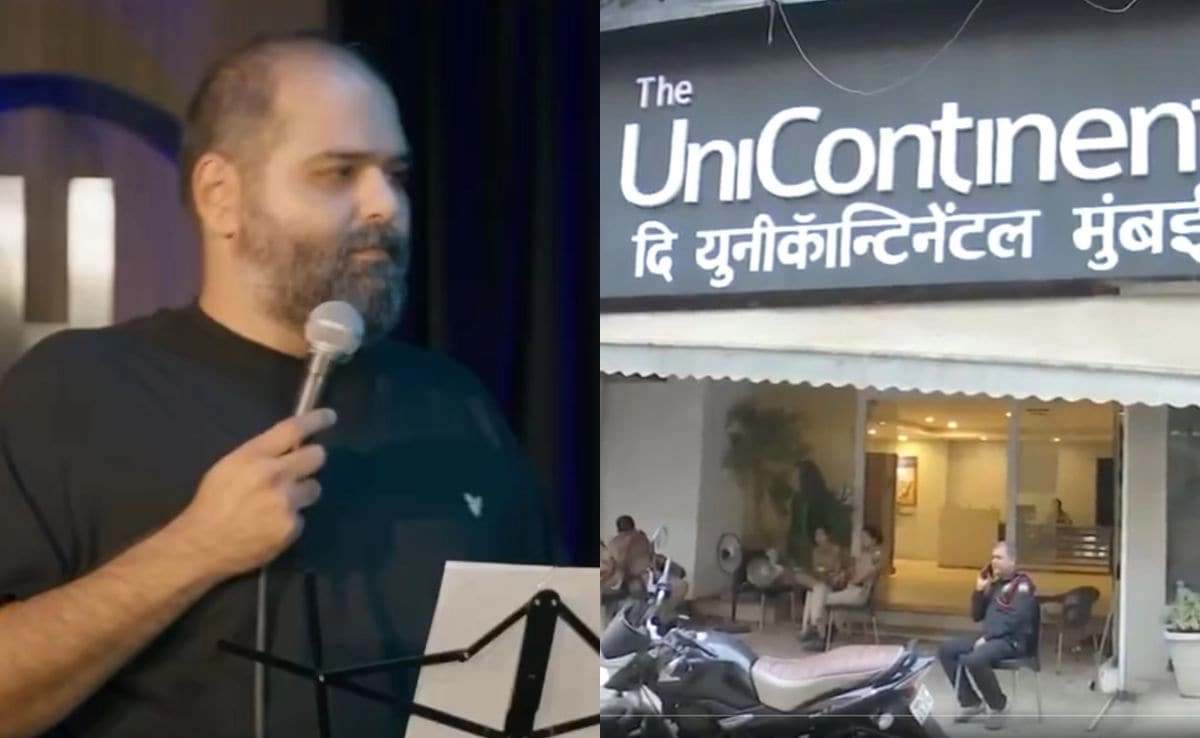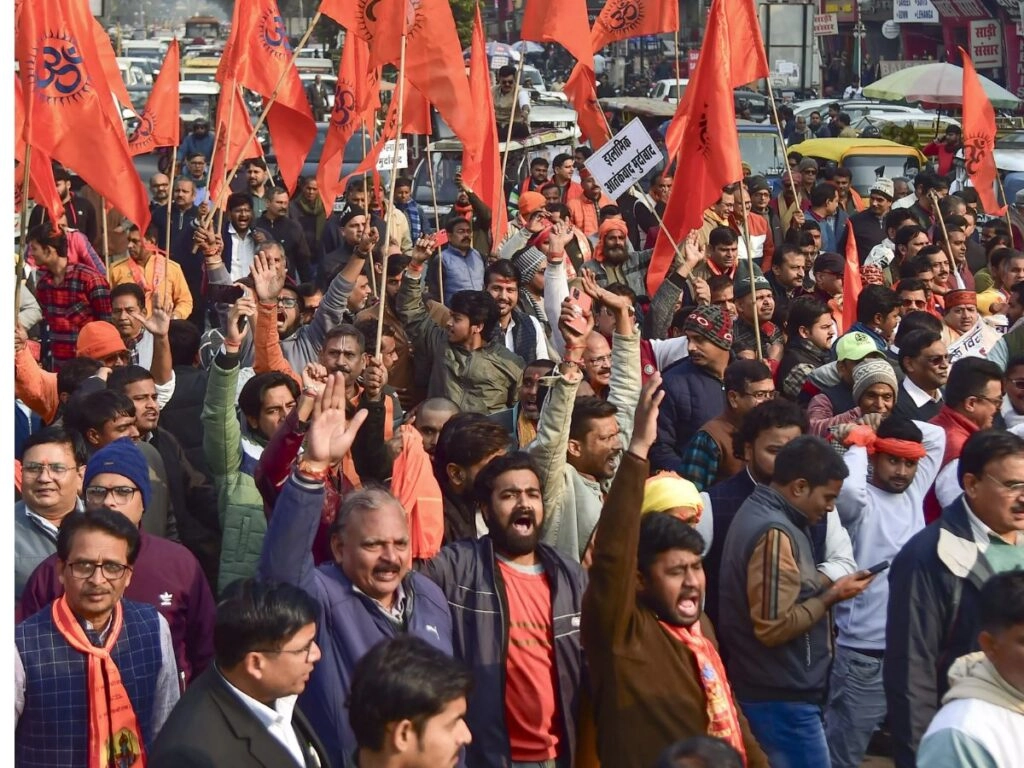Demolition work has commenced at the venue where comedian Kunal Kamra was scheduled to perform, following a controversial remark he made about Maharashtra Chief Minister Eknath Shinde. The incident has sparked significant public interest and debate, reflecting the ongoing tensions between political figures and the entertainment industry in India. Kamra, known for his satirical comedy and outspoken nature, took a jibe at Shinde during a recent show, which many perceived as disrespectful. This remark seems to have triggered a swift reaction from the authorities, leading to the decision to demolish the venue.
The decision to demolish the venue has raised questions about freedom of expression and the role of government in regulating artistic performances. Critics argue that such actions set a dangerous precedent, where artists might face repercussions for their views or jokes, especially when they touch upon sensitive political topics. Supporters of the demolition, on the other hand, claim it is a justified response to what they view as an affront to the dignity of public office. The divide in public opinion illustrates the broader cultural and political landscape in India, where humor and satire can sometimes clash with political sensibilities.
As the demolition progresses, discussions around the implications for the comedy scene in India have intensified. Many comedians express concern that this incident could lead to self-censorship among artists who may fear backlash for their work. The incident has also ignited conversations about the need for a more robust framework that protects artists while allowing them to express their views without fear of government intervention. In a country as diverse and vibrant as India, the intersection of politics and comedy continues to be a hotbed for debate, reflecting the complexities of contemporary society.
Overall, the demolition at Kunal Kamra’s event venue serves as a critical reminder of the challenges faced by artists in navigating the fine line between humor and political correctness. As the public watches closely, this situation may well influence future performances and the dynamics of comedy in the region. The outcome could either reinforce the status quo or encourage a pushback against perceived censorship, ultimately shaping the future of artistic expression in India.




